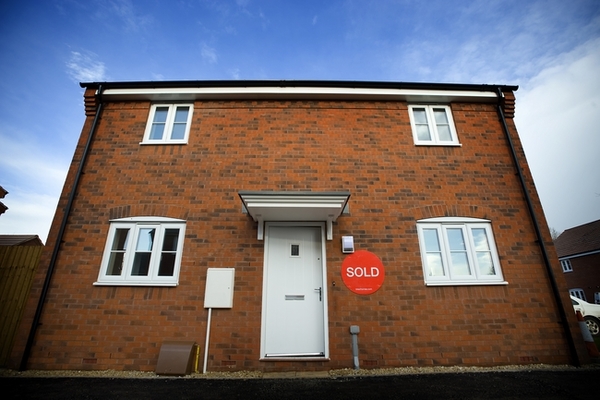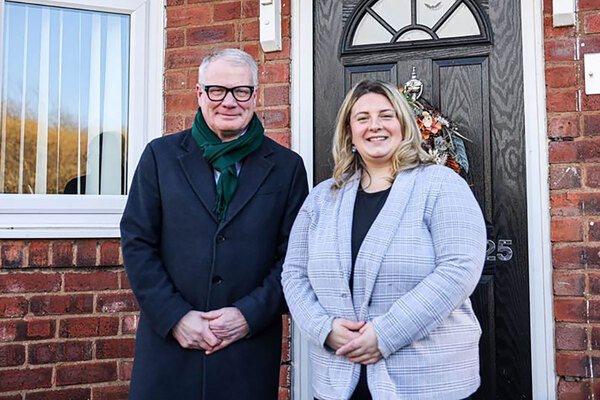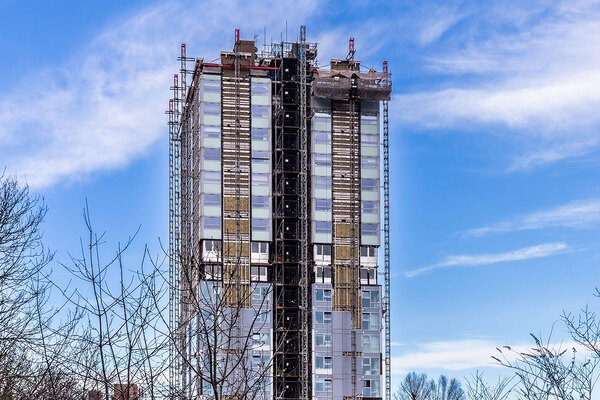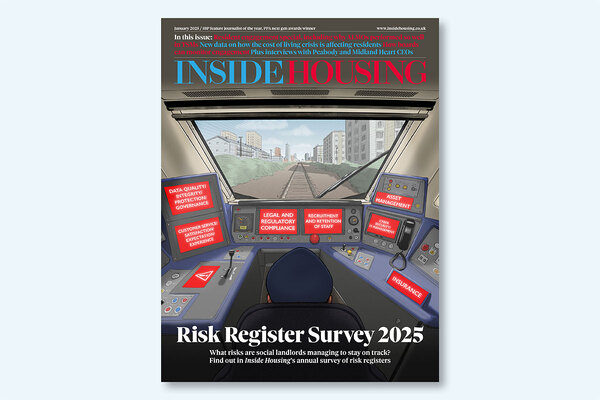You are viewing 1 of your 1 free articles
Thousands of homes face RTB exemption
Housing associations could exempt hundreds of thousands of homes from the Right to Buy extension, including any built as a result of a planning obligation.
Five housing associations – Riverside, L&Q, Sovereign, Saffron Housing and Thames Valley – launched a Right to Buy pilot last week, providing the first evidence of how the voluntary deal is likely to work.
The landlords are free to decide which properties to exempt. Those excluded will include homes built under a Section 106 deal or for any form of specialist housing.
This freedom is likely to apply when the full Right to Buy (RTB) extension is rolled out in April – with Section 106 homes set to remain exempt in most cases.
Section 106 deals, which oblige developers to include affordable housing in schemes, have delivered 234,000 out of 453,000 affordable homes built in England since 2004.
Catherine Ryder, advisor to the chief executive at the National Housing Federation (NHF), said: “It was really important to us when we were negotiating the voluntary deal to secure as much flexibility as possible.”
Tenants living in exempted homes are excluded from buying as part of the pilot, but will get a portable discount to buy an alternative home under the main scheme.
Section 106 homes are excluded because of the complexity of unpicking legal covenants, such as clauses that they remain affordable in perpetuity.
Carol Matthews, chief executive of Riverside, said: “I would expect Section 106 homes to still be exempt [in the full scheme], because you have got primary contracts in place and covenants that would restrict the sale.”
Keith Exford, chief executive of Affinity Sutton, said the flexibility was “in the spirit of the voluntary deal”. However, he said providing suitable alternative homes to thousands of tenants with portable discounts could prove “problematic”.
Housing associations have also received complete flexibility over the tenure and location of replacement homes.
The pilot, which is limited to 600 sales, is only open to tenants who have lived in social housing for 10 years – a much higher threshold than the three years required for council tenants.
Ann Santry, chief executive of Sovereign, said the 38,000-home landlord could have lost “a huge amount of stock” if the eligibility was three years.
A government spokesperson said aspects of the main scheme will be different from the pilot when it is rolled out in April.
It is understood the final eligibility criteria will be determined based on the level of demand.
UPDATE at 9.41am 04.12.15
An earlier version of this story said Sanctuary was one of the pilot landlords. This is incorrect and should have read ‘Sovereign’. The article has now been amended. A further statement from DCLG confirming that aspects of the pilot scheme could differ from the main scheme has also been added.












